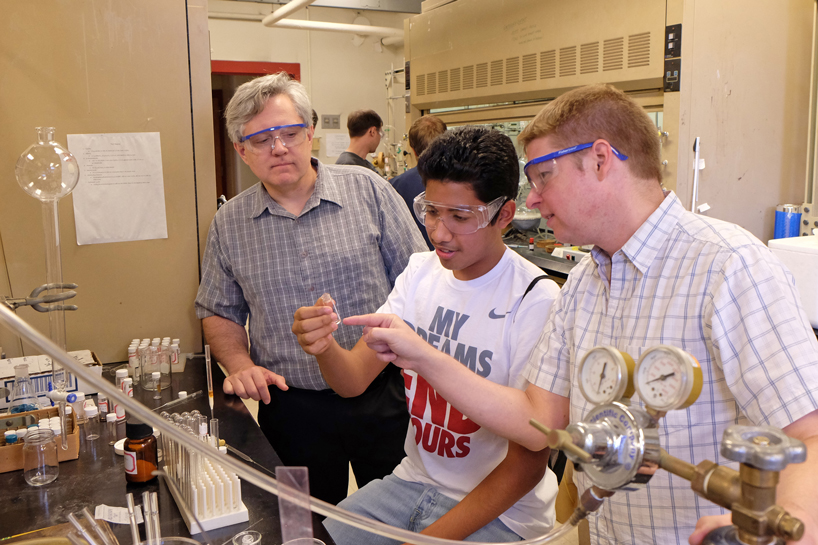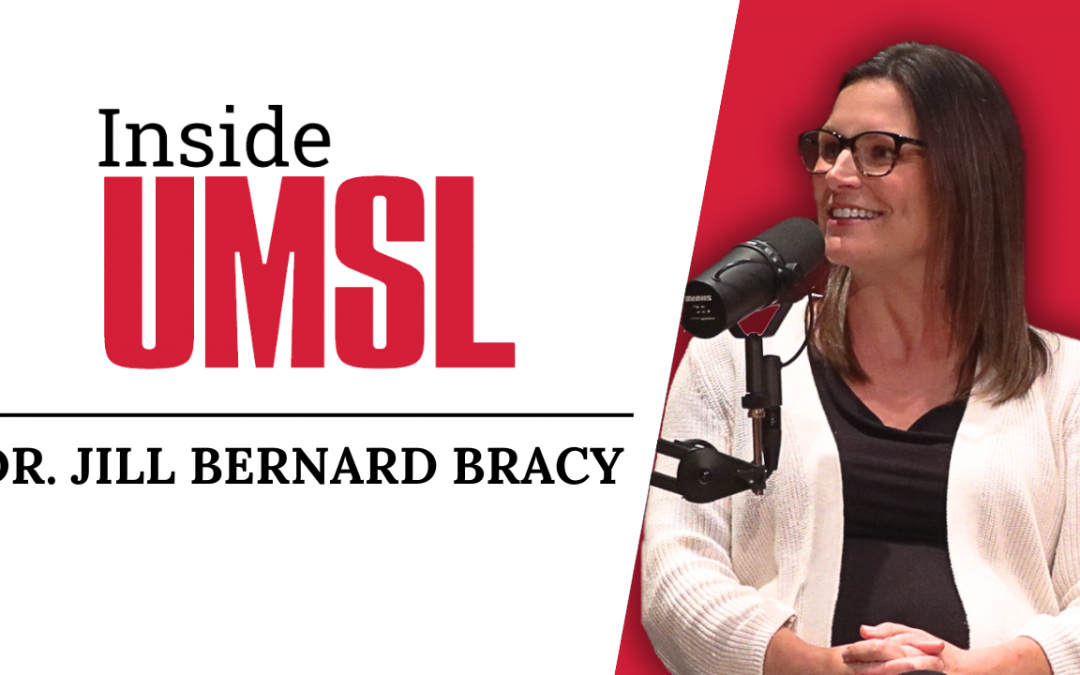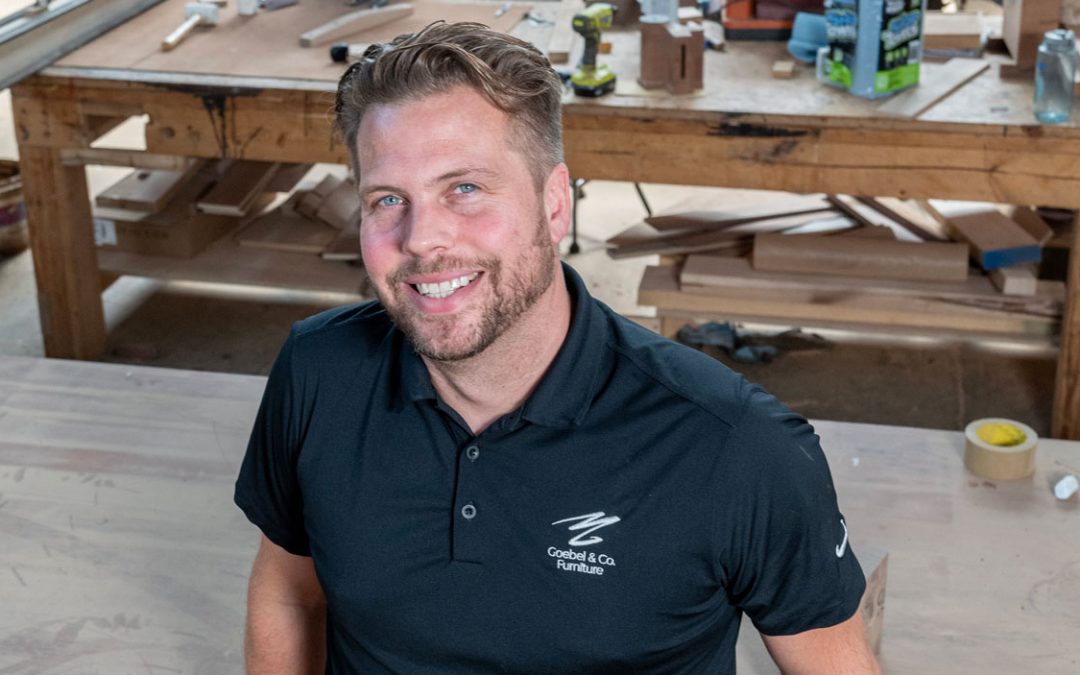
Keith Stine (left), professor of chemistry and UMSL’s Project SEED coordinator, looks on as Misael Barcenas (center), Project SEED intern and junior at Pattonville High School, works in the lab with Eike Bauer, associate professor of chemistry. (Photo by August Jennewein)
By TAMARA WILGERS and ABBY SCHULTE
Misael Barcenas has a pretty neat response to the question “What did you do this summer?”
Barcenas, a junior at Pattonville High School in Maryland Heights, Mo., had the rare opportunity to experience working as a research scientist at the University of Missouri–St. Louis. The lab internship was made possible through the American Chemical Society’s Project SEED, which helps economically disadvantaged students expand their education and career outlook. Participants work alongside a chemist who also serves as a mentor providing guidance, encouragement and recommendation letters for college.
For eight weeks Barcenas worked in the lab of Eike Bauer, an associate professor of chemistry, collecting systematic data on catalytic reactions as part of a $360,000 grant funded by the National Science Foundation titled “The Investigation of Chiral Allenylidene Complexes for Catalytic Applications.”
Barcenas’ internship was half paid through the ACS and half paid through Bauer’s NSF grant.
Bauer said Project SEED is beneficial for everybody involved.
“The high school student receives a summer research opportunity that helps them shape their career plans and our lab benefits from SEED students; Misael collected data over the summer that is critical for our research program,” Bauer said.
UMSL is one of two locations with Project SEED programs in Missouri. Keith Stine, professor of chemistry at UMSL and coordinator of the campus’s Project SEED, said that the program started at UMSL in 2009 and typically involves one or two students each summer. There have been eight participants in total over the six summers.
“So far, three of these students have enrolled as full-time freshmen at UMSL in STEM majors and all have done very well,” Stine said. “It has been rewarding to help provide this opportunity to motivated and highly capable, yet economically disadvantaged, students.”
Project SEED 2015:
Students in this program must come from an economically disadvantaged background, be going into their junior or senior year of high school, have a strong interest in science and have completed at least one year of chemistry. If you know of any students that meet these requirements, or if you are a company that would like to support this program, please contact Keith Stine at kstine@umsl.edu.
Tamara Wilgers is director of technology commercialization and economic development within the Office of Research Administration at UMSL, and Abby Schulte is an executive staff assistant in the Office of Research Administration at UMSL.















